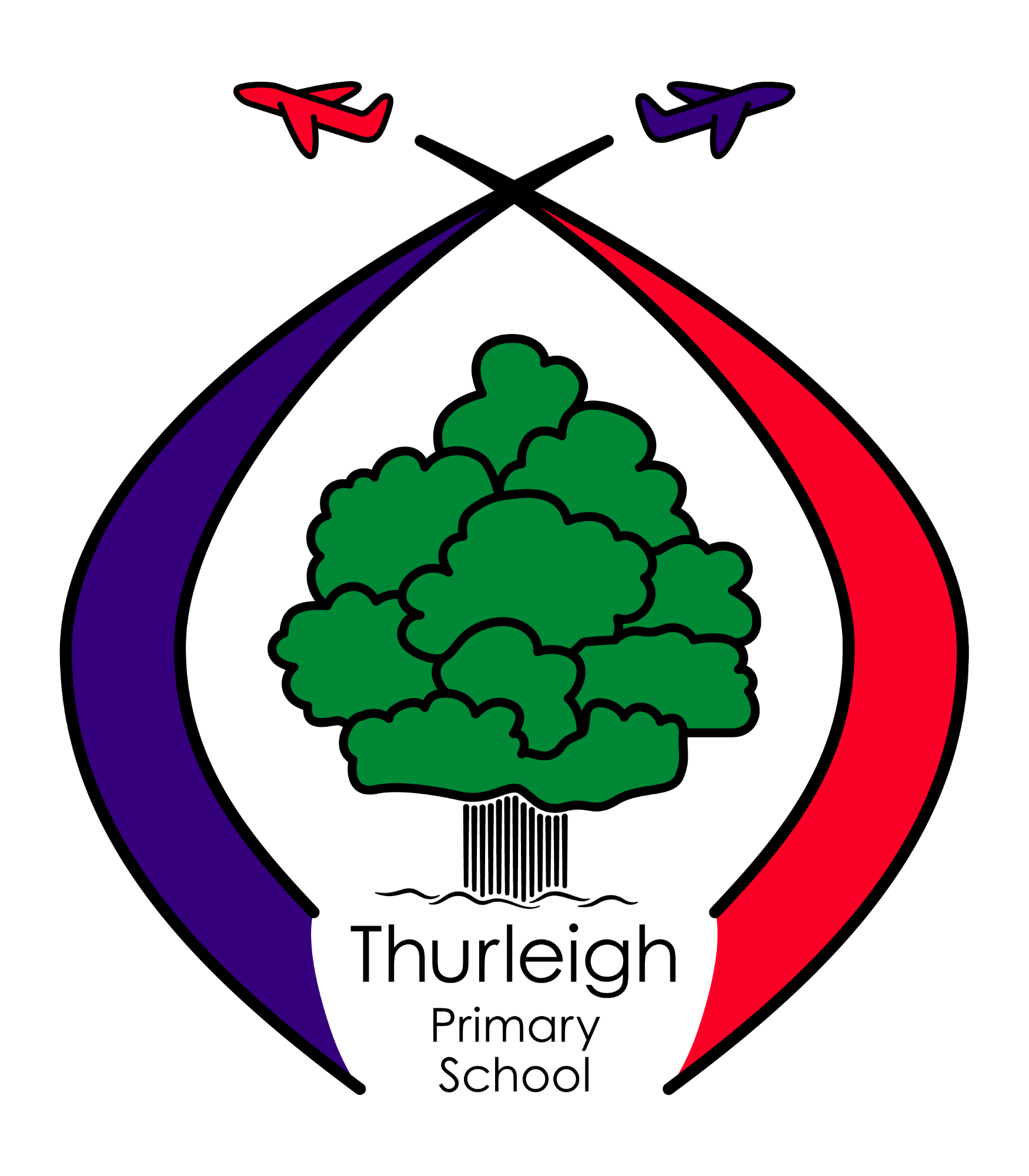Maths
Intent – what do we want to achieve?
In the KT Federation we aim for a high quality Maths education that enables children to develop self-awareness, independence and resilience within their Maths learning. We want our children to be continually challenged and have the highest expectations.
The National Curriculum for Maths focuses on three main aims, so that children:
- Become fluent in the fundamentals of mathematics and are able to recall and apply knowledge rapidly and accurately.
- Can reason mathematically so that they can follow a line of enquiry, seek patterns, and explain their thinking and findings using mathematical language.
- Can solve problems by applying their knowledge, breaking down problems into a series of simpler steps and persevering in seeking solutions.
We aim for successful curriculum progression that is planned from the beginning of a child’s education through focusing on core content, to develop motivation and to allow more breadth and depth later. From the Early Years, our curriculum details the core facts, concepts, methods and strategies that give pupils the best chance of developing expertise in the subject.
Implementation – how will we achieve this?
To ensure consistency in teaching, we use the White Rose Maths scheme as a planning tool, but adapt this according to the need of our children. This adaptation is based upon summative assessment, ongoing formative teaching judgements and pupil feedback.
The White Rose Maths approach focuses on Maths mastery, children are taught to fully grasp topics, so by the time they move on to more advanced lessons, they have a deep understanding of foundation concepts. As a result, children benefit from remembering more of what they have been taught and develop mathematical understanding, reasoning and problem-solving abilities that will stay with them for life.
We also use TT Rockstars to improve children’s recollection of times tables. Other programs, such as Purple Mash, are used to enhance learning.
Although Maths is a core subject that is taught discretely, it is linked to our topics when relevant.
Impact – what will be the impact on learning?
Children demonstrate quick recall of facts and procedures - this includes the recollection of the times tables. They can demonstrate the flexibility and fluidity to move between different contexts and representations of maths. Children have the ability to recognise relationships and make connections in mathematics.
Children show confidence in believing that they will achieve – this is evidenced through discussions and through peer and self-assessment. Children show a high level of pride in the presentation and understanding of the work.
Teachers use formative assessment on a day to day basis and understand the power of high quality feedback. Summative assessment is carried out half-termly, for which White Rose assessment tools are used. This all feeds in to pupil progress and identifies support, intervention and areas to develop for all children.
The Maths subject lead regularly reviews current practice and has an excellent grasp of how Maths is taught and how children learn. The teaching of Maths features regularly in staff meetings. Teaching staff are well supported and are actively encouraged to attend relevant CPD.
Times Tables Rock Stars
 |
We subscribe to Times Tables Rock Stars. Learning the times tables is fun as you build up your knowledge gradually through multiplication and division games. |
